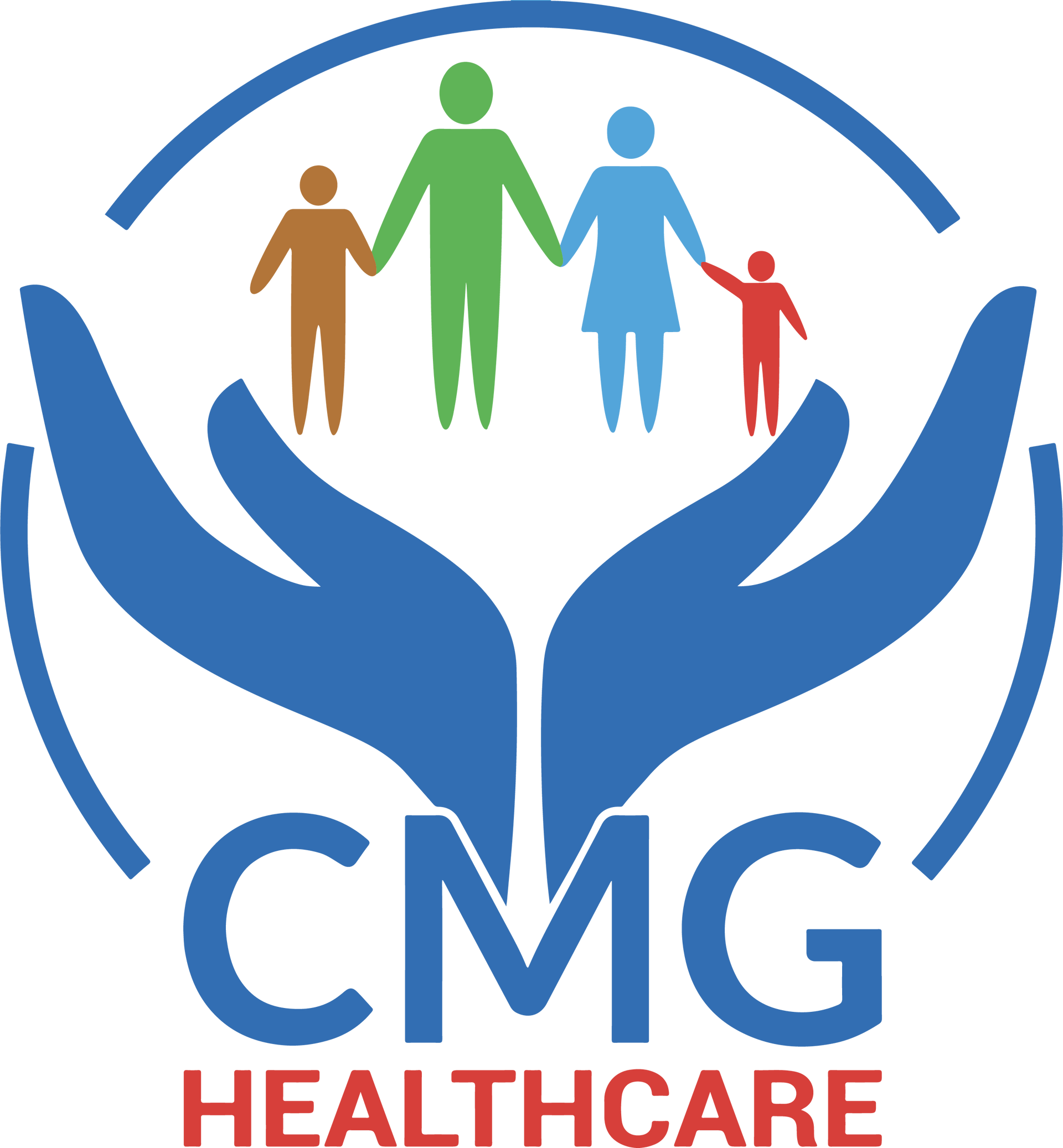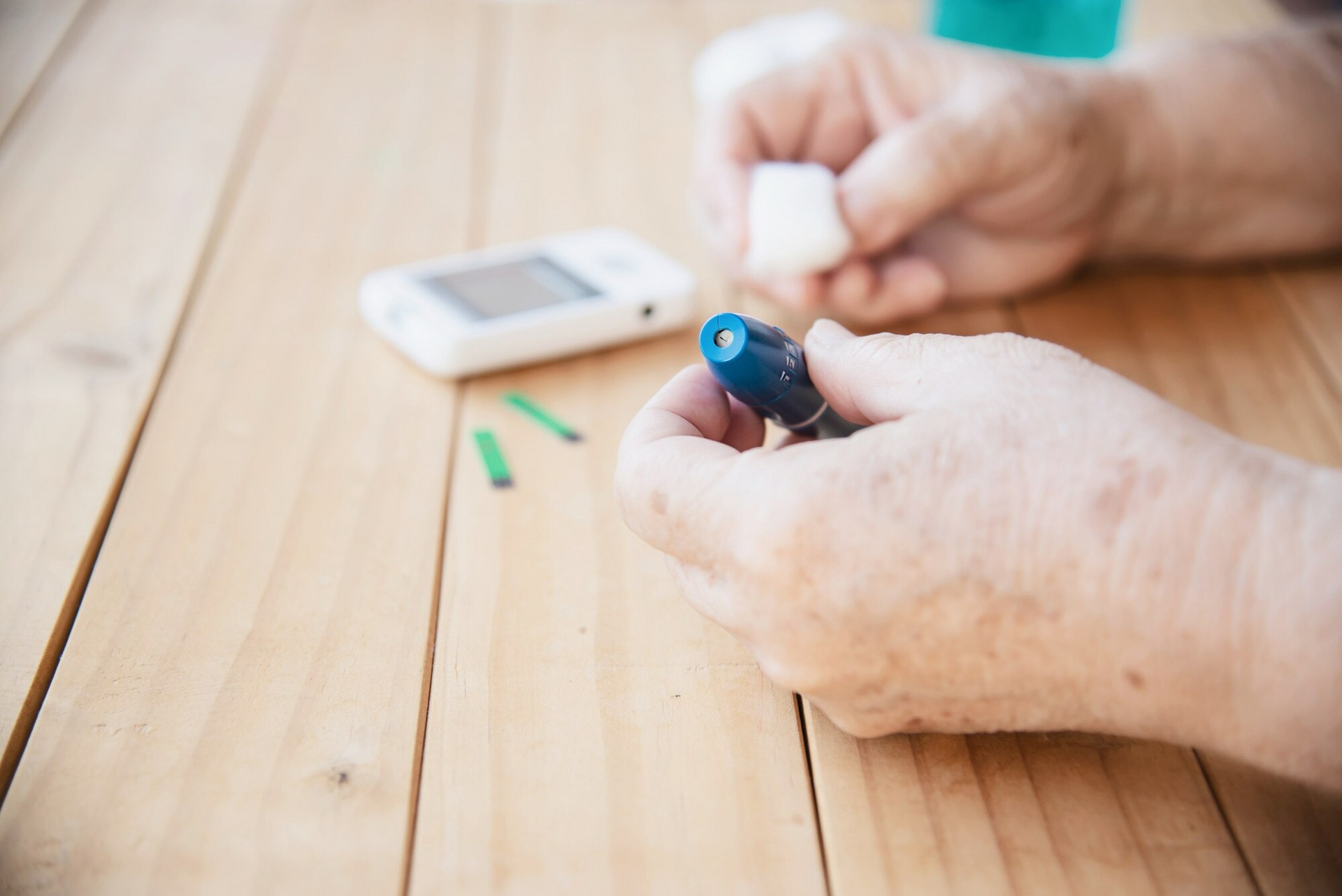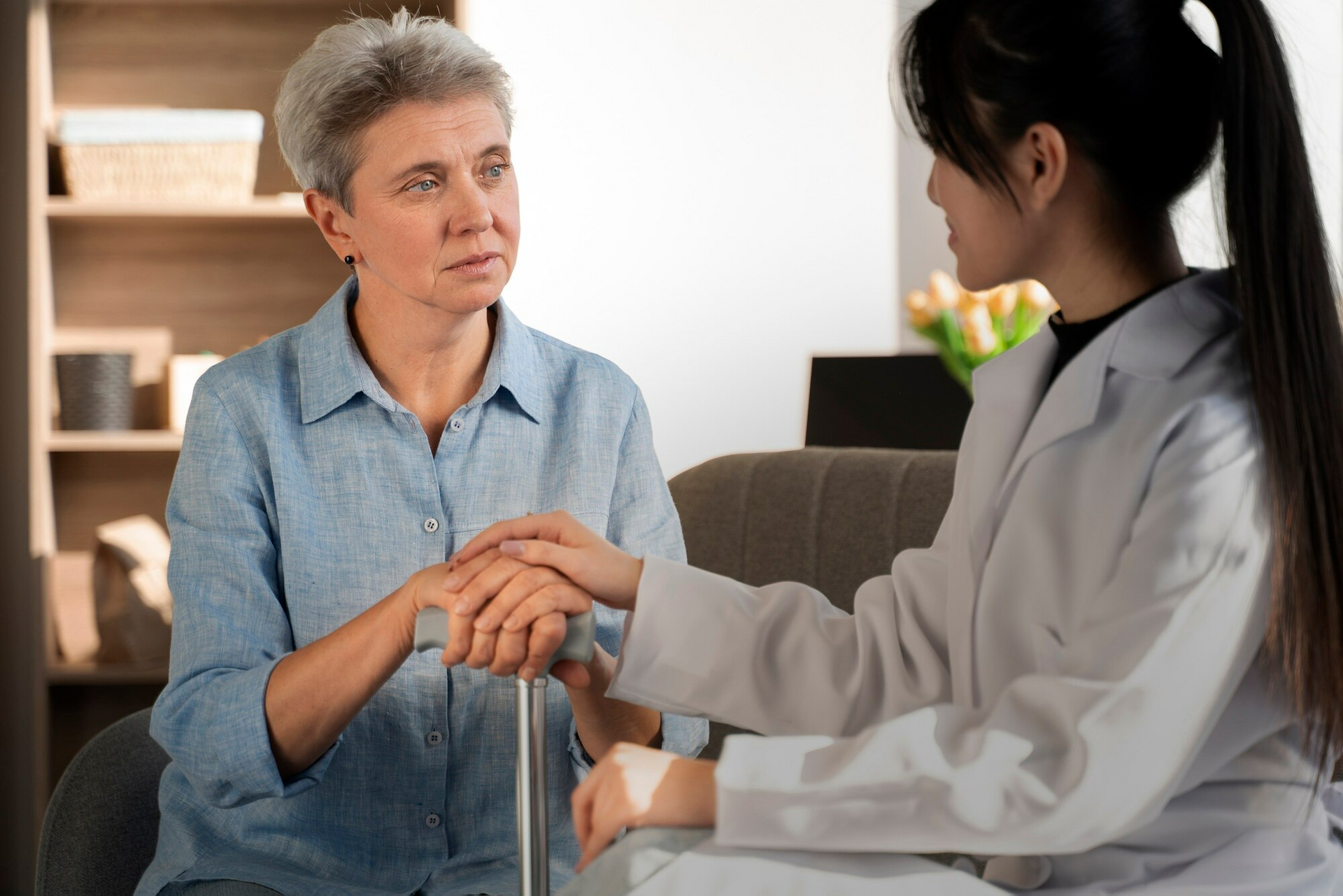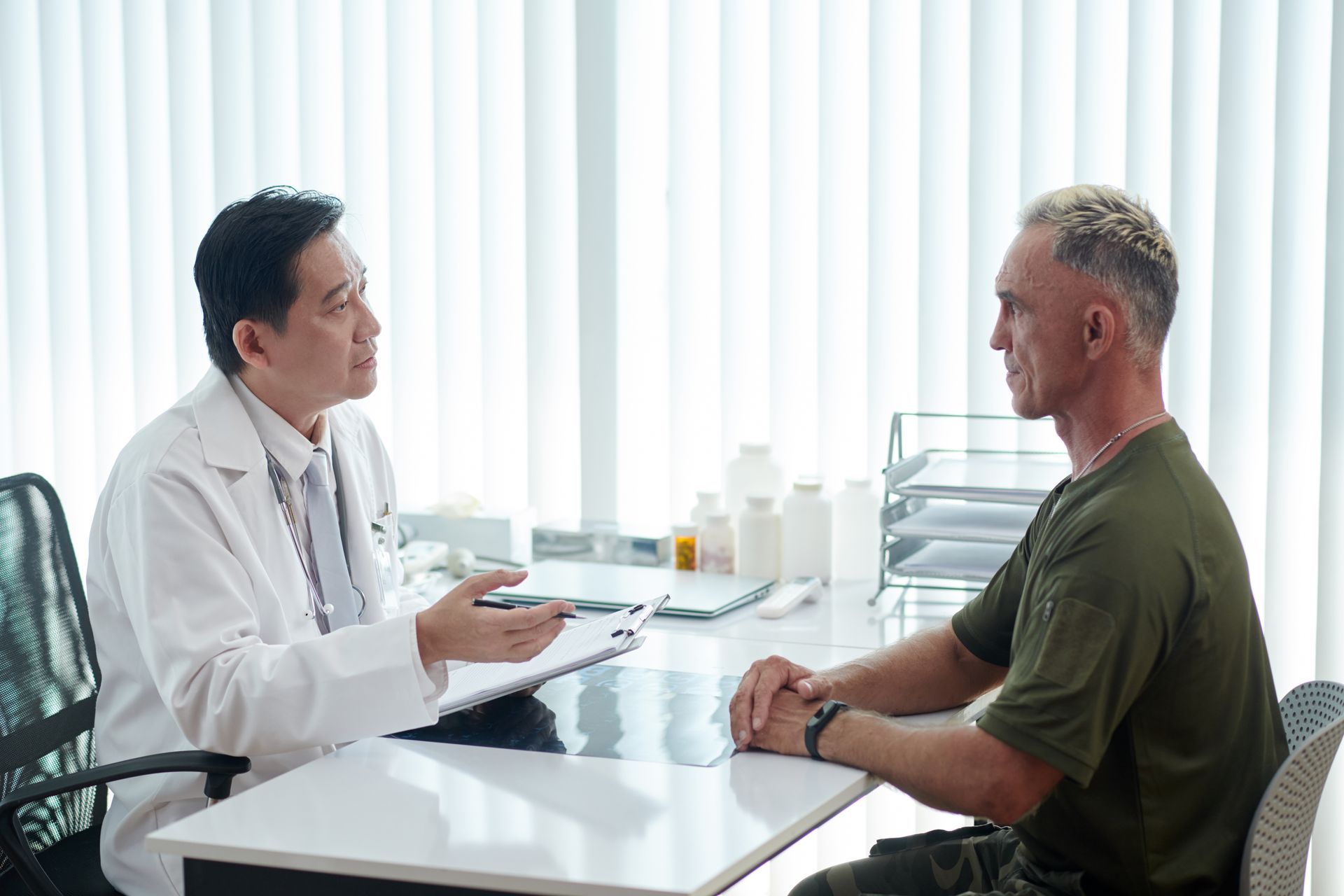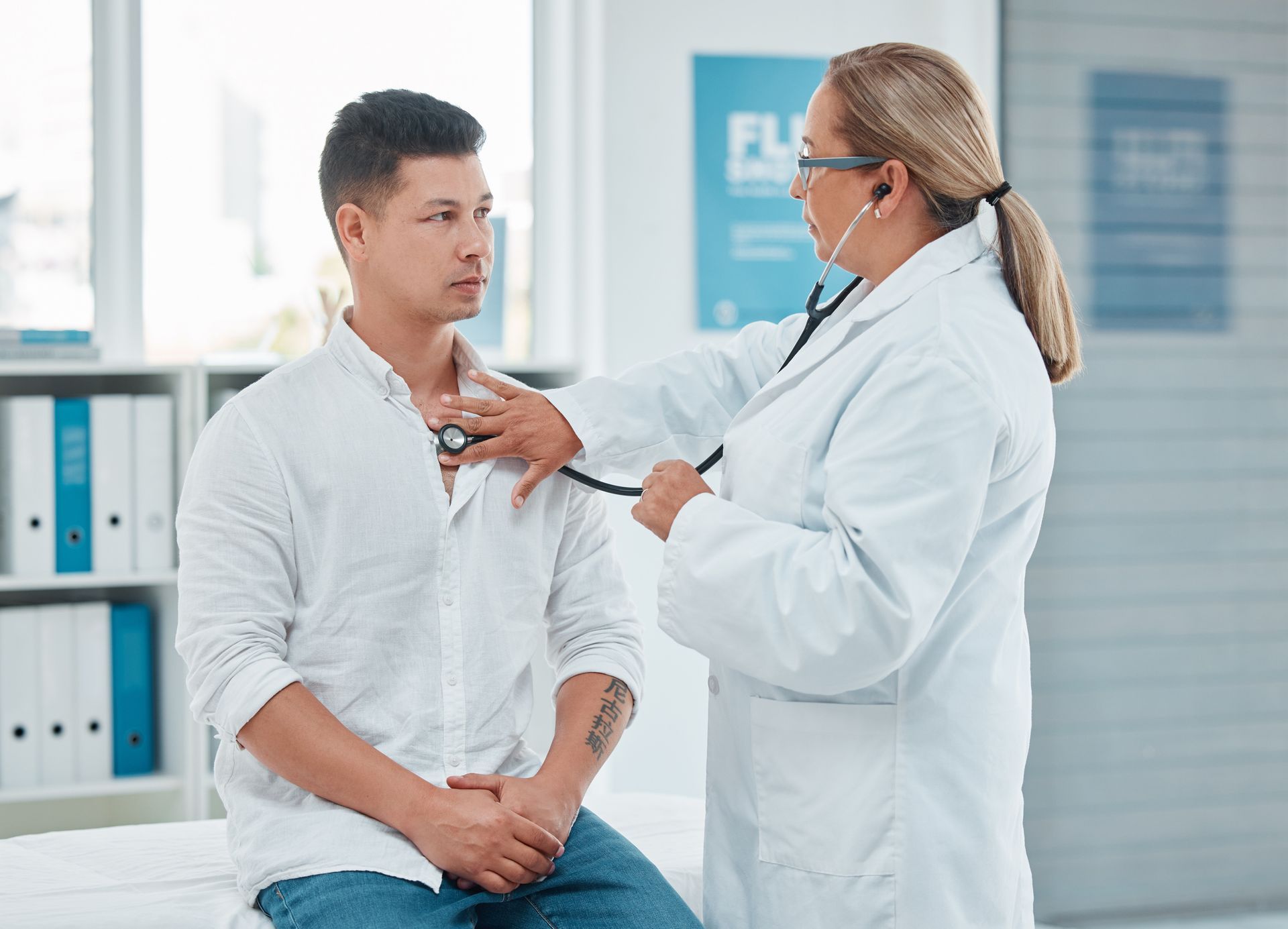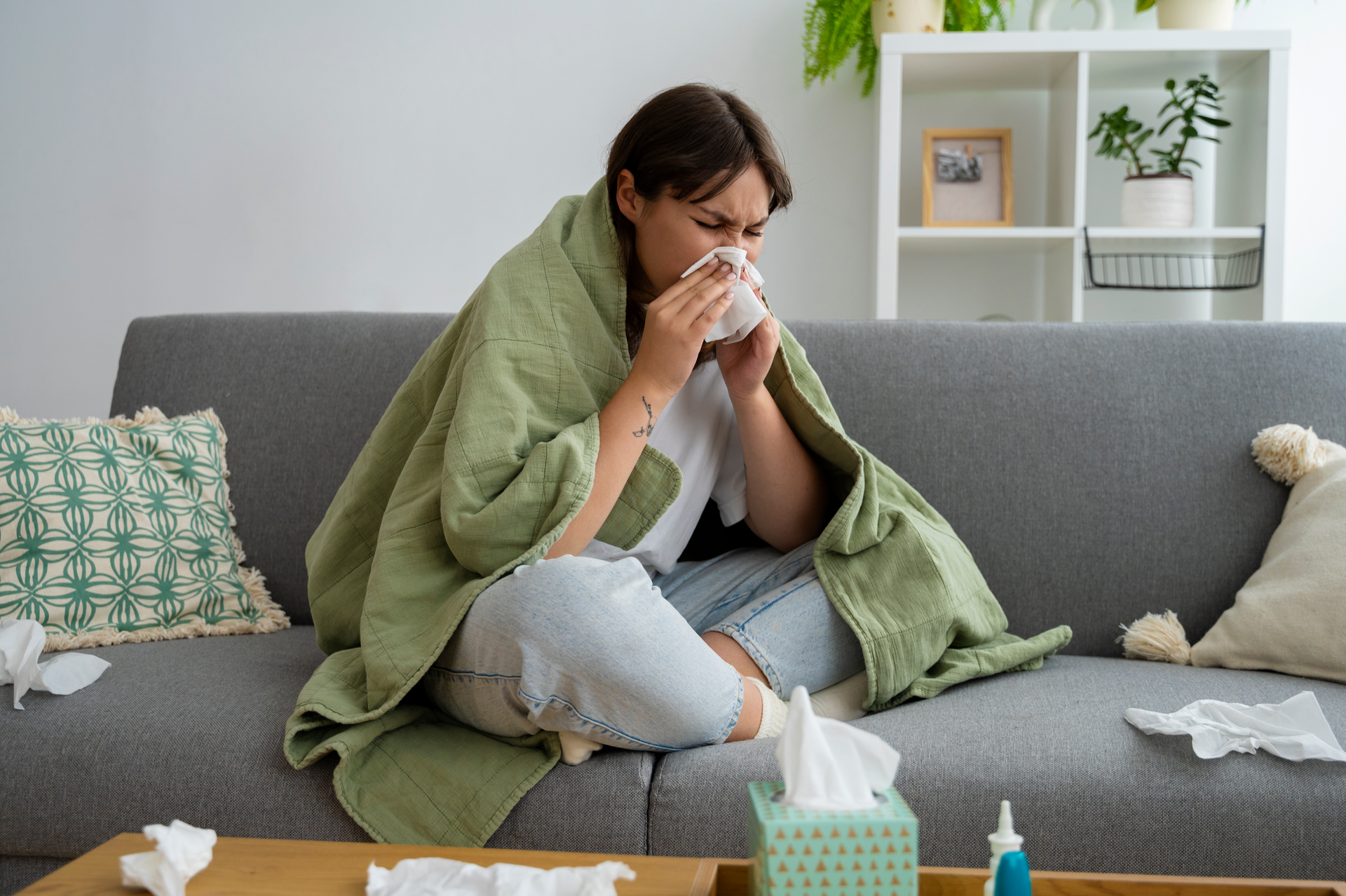Protecting Your Family from RSV: Essential Tips for Prevention and Care
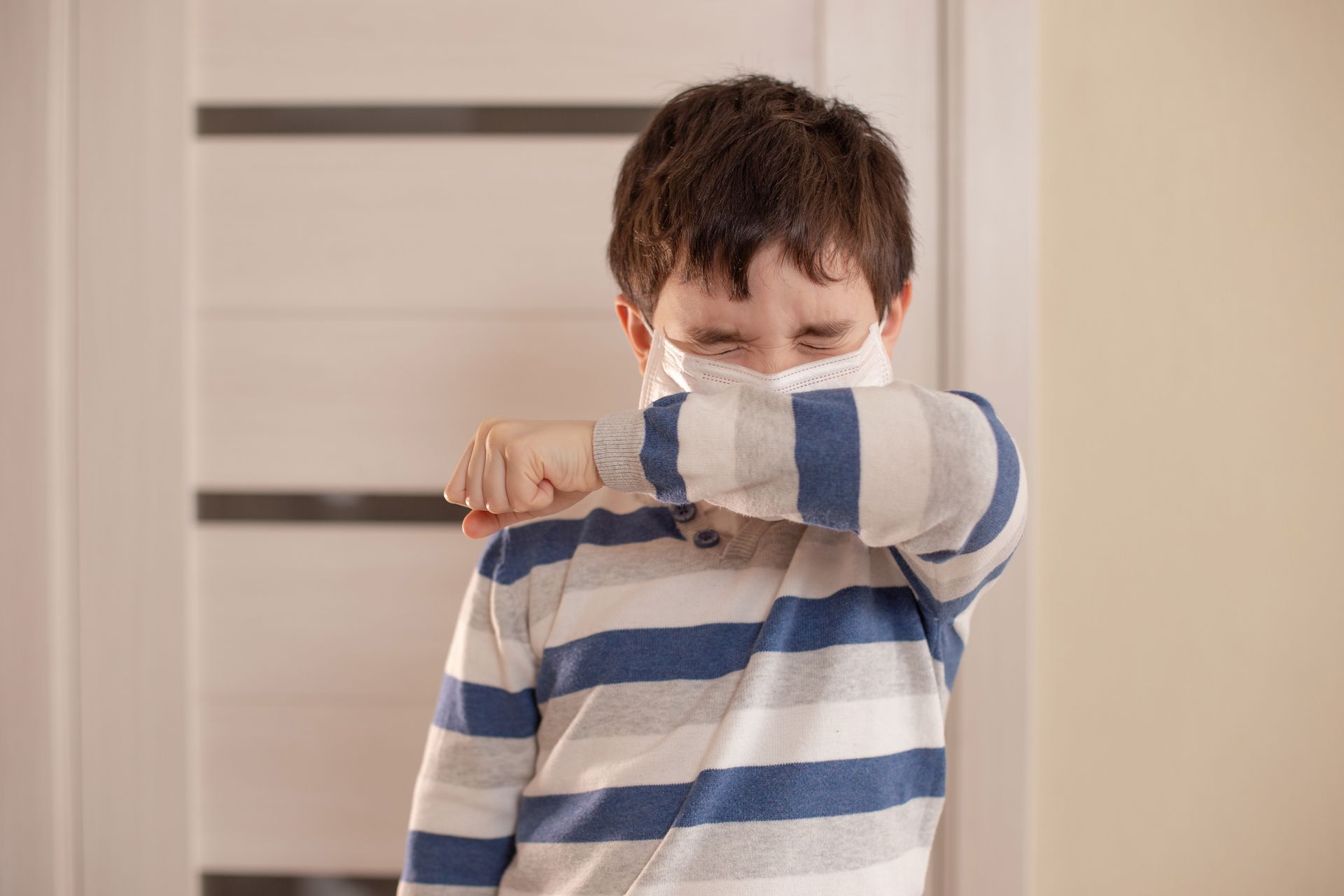
As the seasons change, so does the risk of contracting respiratory illnesses. One seasonal menace that often peaks during the colder months is respiratory syncytial virus (RSV). This common virus can infect anyone at any age, but infants, young children, older adults, and immunocompromised individuals are at the highest risk.
The good news? With a proactive approach, you can protect your family from RSV and minimize its impact on your community. This blog rounds up RSV prevention tips, treatments, and other facts from our experts at
Clinica Medica General.
Shield Yourself from RSV: Get Vaccinated
What Is RSV?
RSV is a common and highly contagious virus that affects the lungs and respiratory tract. It is one of the leading causes of bronchiolitis and pneumonia in young children. RSV easily spreads through respiratory droplets when an infected person sneezes or coughs. The virus can also survive on surfaces like doorknobs, countertops, and toys for several hours, making it easy to transmit by touching contaminated objects and then touching the face.
Although RSV infections are most common in fall and winter, outbreaks can happen year-round. While many cases resolve within a week or two, symptom monitoring is a must, especially in high-risk individuals. Early detection and proper RSV treatment prevent severe complications and ensure a smoother recovery.
RSV Symptoms to Look Out For
Signs of infection typically appear within four to six days of exposure and can range from mild to severe. Keep an eye out for:
- Low-grade fevers (101°F - 102°F)
- Headache
- Stuffy or runny nose
- Coughing fits
- Constant sneezing
- Wheezing or difficulty breathing
- Decreased appetite
- Irritability (in infants)
In severe cases, RSV can cause rapid breathing, bluish skin tone, and dehydration. These symptoms require immediate medical attention.
Read: 10 Flu Season Tips for Staying Healthy This Year
How Does RSV Affect Your Family?

The impact of respiratory syncytial virus varies depending on age and health conditions. Here’s how the virus affects different members of your family:
RSV in Babies
Infants, especially those under six months old, are highly vulnerable to RSV because their immune systems are still developing. Symptoms typically escalate quickly and may lead to bronchiolitis or pneumonia. Premature infants (or those with underlying health conditions, such as heart or lung problems) are at a higher risk of severe RSV complications.
Parents should monitor their baby closely for signs of labored breathing or dehydration. Seek immediate medical attention if the baby appears excessively fatigued, struggles to breathe, or if their lips or fingernails turn bluish.
RSV in Children
About 90% of children get RSV before they turn two. They often experience the virus as a mild, cold-like illness. However, it can still disrupt daily life with symptoms like a lingering cough, fever, and congestion. Children with asthma or other chronic conditions may experience worsening symptoms, such as wheezing. Preventing the spread of RSV in schools and daycare centers is essential, so keep sick children at home and encourage proper hygiene practices.
RSV in Adults
Most healthy adults experience RSV as a mild upper respiratory infection with symptoms like a sore throat, cough, and mild fever. However, RSV can be more dangerous for older adults, particularly those over 65, and for adults with compromised immune systems or chronic heart and lung conditions. In these situations, RSV may trigger serious complications, including pneumonia, or aggravate chronic conditions like congestive heart failure or chronic obstructive pulmonary disease (COPD).
What Is the Treatment for RSV?
There is no specific cure for RSV, but you can relieve symptoms without going to the hospital. The goal is to keep the patient comfortable and monitor for any signs of complications. Below are some at-home remedies for RSV symptoms.
- Encourage complete bed rest to support the recovery process.
- Use a cool-mist humidifier to ease congestion and make breathing easier, especially at night.
- Encourage drinking plenty of water or electrolyte solutions. Offer breast milk or formula to babies.
- To clear mucus, apply saline drops in the nostrils followed by a bulb syringe or nasal aspirator, especially before feeding or sleeping.
- Drink acetaminophen (Tylenol) or ibuprofen (for babies over 6 months old) to reduce fever and ease body aches, but please consult a doctor for proper dosing.
- If your infant is struggling, keep them upright. Holding your baby slightly elevated (such as in your arms or with a slight incline while supervised) can help with breathing. If congestion makes nursing or bottle-feeding difficult, provide small, frequent feedings to ensure your baby stays hydrated.
Severe RSV infections may necessitate hospital care, including IV fluids, oxygen therapy, or breathing assistance. If your loved one shows concerning symptoms, consult a healthcare professional immediately.
How to Protect Your Family from RSV

Being proactive about RSV prevention can greatly lower the risk of infection, ensuring your loved ones stay safe, especially during peak season. Here’s how to prevent RSV and protect those around you:
1. Practice Good Hygiene
One of the most effective ways to prevent RSV is to maintain proper hygiene, reducing the germ transmission risk.
- Wash hands frequently with soap and water, especially after being in public spaces or touching shared surfaces. Hand sanitizers with at least 60% alcohol are a good backup when soap isn’t available.
- Cover coughs and sneezes properly. Use a tissue or your elbow instead of your hands. Dispose of tissues immediately and wash your hands afterward. Consider using disposable masks when in crowded areas or around someone unwell.
2. Avoid Crowded Areas
Since the virus spreads quickly in crowded environments, reducing exposure can help prevent infection.
- Limit time in large gatherings, especially in daycares, schools, and indoor public spaces during RSV season (fall and winter).
- Be cautious in medical settings. Due to the high volume of sick patients, hospitals and clinics often harbor viruses. If a visit is necessary, consider wearing a mask and sanitizing hands frequently to minimize risk.
3. Boost Immunity
A strong immune system helps fight off RSV and other respiratory infections. Help your family build natural defenses with preventive health habits.
- Get the flu shot and other recommended immunizations to prevent co-infections and reduce RSV complications. The CDC recommends Abrysvo and Arexvy for adults 60 and older, while nirsevimab-alip is approved for infants and some high-risk young children to protect against the virus.
- Eat balanced meals rich in vitamins and nutrients, focusing on fruits, vegetables, lean proteins, and whole grains. This will fuel your body with the nutrients it needs to fight infections.
- Encourage regular exercise and outdoor activity to strengthen lung function and overall health.
- Ensure adequate sleep, as proper rest is essential for a strong immune response and faster recovery from illness.
4. Keep Your Home Clean
Since RSV can linger on surfaces for hours, keeping your home clean minimizes the chance of spreading germs within the household:
- Disinfect high-touch areas regularly, such as remote controls, light switches, doorknobs, and countertops, especially during peak virus season.
- Wash toys, pacifiers, and other frequently handled objects by children.
- Use air purifiers to improve indoor air quality, reduce airborne particles, and promote better respiratory health.
Stop RSV Before It Starts!
RSV doesn’t RSVP! It arrives when you least expect it, making prevention key to keeping your loved ones safe. If you or a loved one show signs of RSV, don’t wait—schedule an appointment with CMG today for expert guidance and care for your family.
By educating yourself and adopting appropriate precautions, you can protect your family and minimize the risks of RSV at any time of the year.
Stay vigilant, take action early, and prioritize wellness this season!

